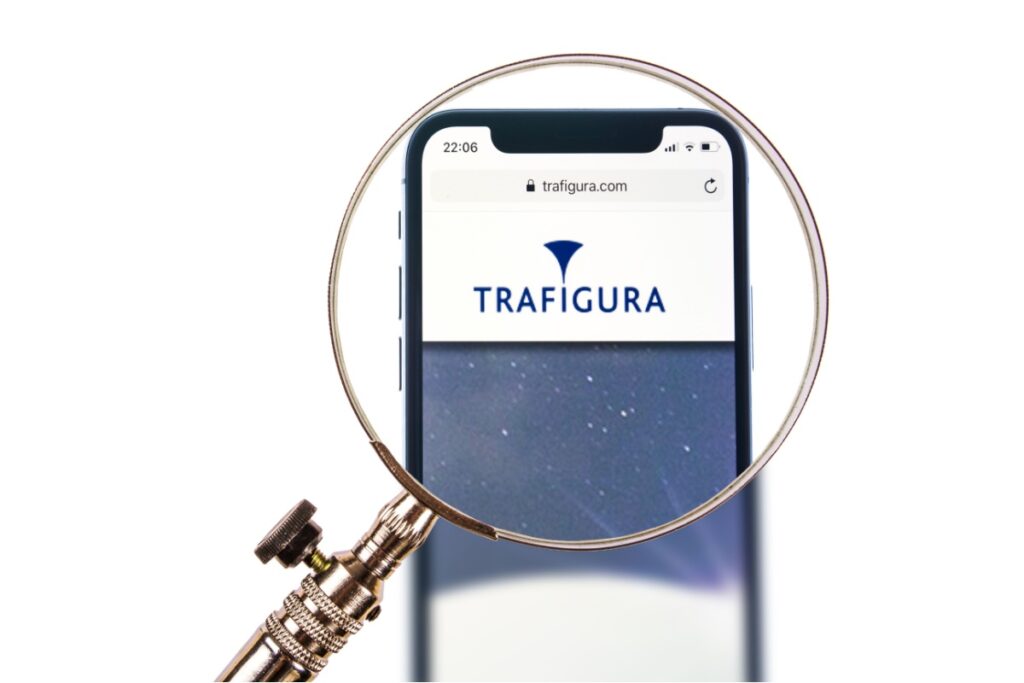On August 18, 2025, lawyers representing Prateek Gupta failed to appear at a London court hearing in the long-running fraud case filed by Geneva-based commodity trader Trafigura. They cited funding difficulties as the reason for their absence, notifying the court and Trafigura a day in advance.
Trafigura’s counsel, Edward Ho, dismissed the financial hardship claim as a familiar ploy, stating it was “without any merit” and had been used repeatedly by Gupta’s defense to justify missed deadlines and non-compliance with court orders. The repeated nature of such excuses has invited greater skepticism from the court toward Gupta’s defense strategy.
The London Commercial Court, which regularly handles billion-dollar cross-border disputes, is accustomed to complex funding battles, but rarely encounters such frequent procedural stalls. This latest setback has again raised concerns about whether the November trial will proceed on schedule.
Ever-Growing Legal Backlog
Originally filed in February 2023, the lawsuit centers on Trafigura’s claim that Gupta orchestrated a USD 600 million fraud, supplying low-value materials in place of high-grade nickel cargoes. In 2023, Trafigura recognized an impairment charge of approximately USD 590 million tied to this alleged scheme.
Gupta counters that Trafigura staff devised the substitution themselves, alleging internal communications show complicity or at least awareness. His legal team argues that blaming him exclusively ignores systemic weaknesses within Trafigura’s own oversight structures.
The stakes are particularly high given nickel’s importance to modern industries. Nickel is vital for electric vehicle batteries, stainless steel production, and advanced alloys used in energy infrastructure. A fraud of this scale not only damages corporate balance sheets but also threatens supply security for critical sectors at a time of global competition for resources.
Repeated delays, first in 2024, then again in early 2025, have slowed disclosure of essential documents. Each extension has allowed Gupta’s team more time but has tested the court’s patience and drawn sharp objections from Trafigura.
Judge Lets Documents Proceed to Arbitration
Despite the absence of Gupta’s legal team, Judge Robin Knowles agreed to Trafigura’s request to deploy nine documents disclosed in the fraud proceedings into an upcoming arbitration with Axiom Ltd., a Hong Kong-based firm that received a non-nickel cargo from Trafigura.
This ruling highlights the overlapping nature of international commercial disputes. Arbitration, often favored in commodity trading contracts, offers speed and confidentiality, but when tied to active court cases, evidence often flows between the two processes. By allowing documents into arbitration, the judge effectively ensured the parallel proceeding will have access to potentially critical material.
This decision marks yet another procedural milestone amid a series of delays. In December 2024, Gupta secured a delay until the end of February 2025 for document disclosure. In April 2025, his defense again negotiated another disclosure deadline—falling on April 16—with the court warning that failure could result in their defense being struck out altogether.
The pattern of deferrals and court pleas underscores a growing backlog, pushing the start of trial further into the future and leaving open questions about the readiness of Gupta’s defense.
Stakes, Strategy, and the Road Ahead
As the case stretches on, several critical dimensions come into focus:
- Financial and Reputational Stakes: A USD 600 million fraud allegation and a near-USD 590 million impairment underscore the massive financial stakes for both parties. For Trafigura, one of the world’s largest commodity traders, reputational damage could weigh as heavily as financial loss.
- Strategic Delays or Genuine Hardship?: Gupta’s repeated claims of insufficient funds, dating back to early 2024, may reflect real constraints, a strategic stall tactic, or both. Courts are increasingly scrutinizing whether such arguments are made in good faith.
- Interconnected Proceedings: The use of documents across litigation and arbitration adds complexity, and momentum, to both trajectories, making procedural clarifications more urgent.
- Judicial Patience Wearing Thin: With trial expected in November 2025, courts are balancing time allowances against fair trial imperatives.
The fallout extends beyond the courtroom. In June 2024, Trafigura settled an USD 8.4 million lawsuit brought by the Reuben Brothers’ Hyphen Trading, an offshoot of this broader scandal, further intensifying scrutiny of its risk management systems.
As both sides head into more contested arbitration and the approaching trial, observers will closely follow whether Gupta’s defense strategy holds up or whether mounting procedural missteps erode his case. The outcome will likely set a precedent for how London’s courts handle future mega-fraud cases in the commodities sector.


